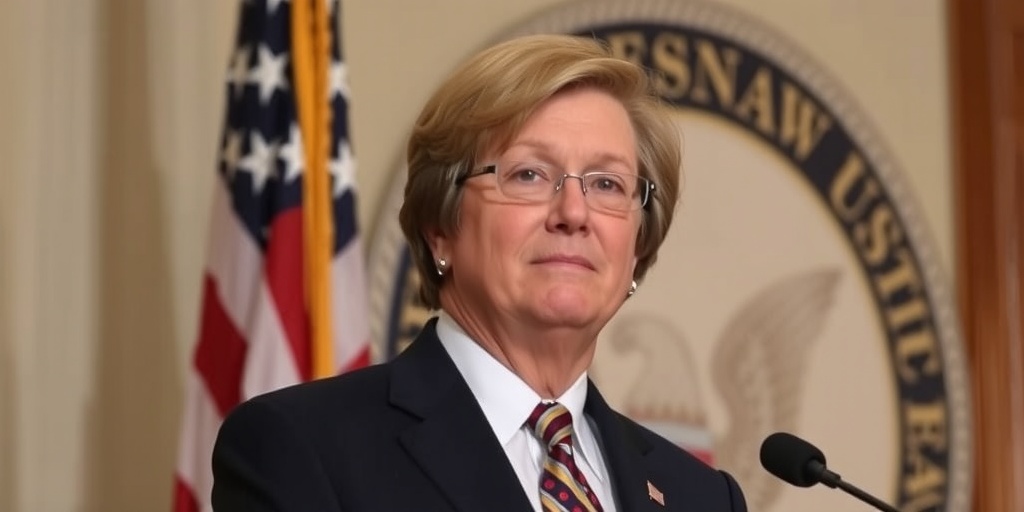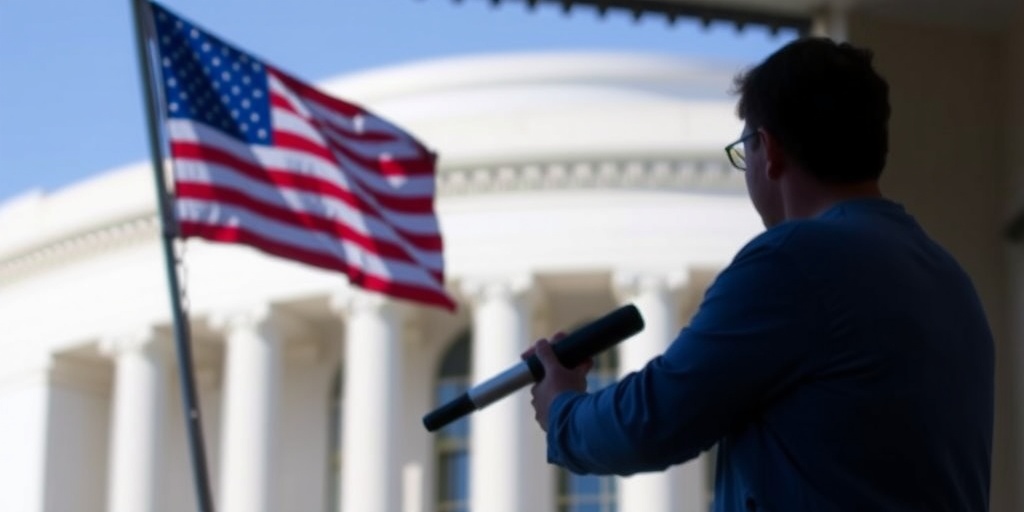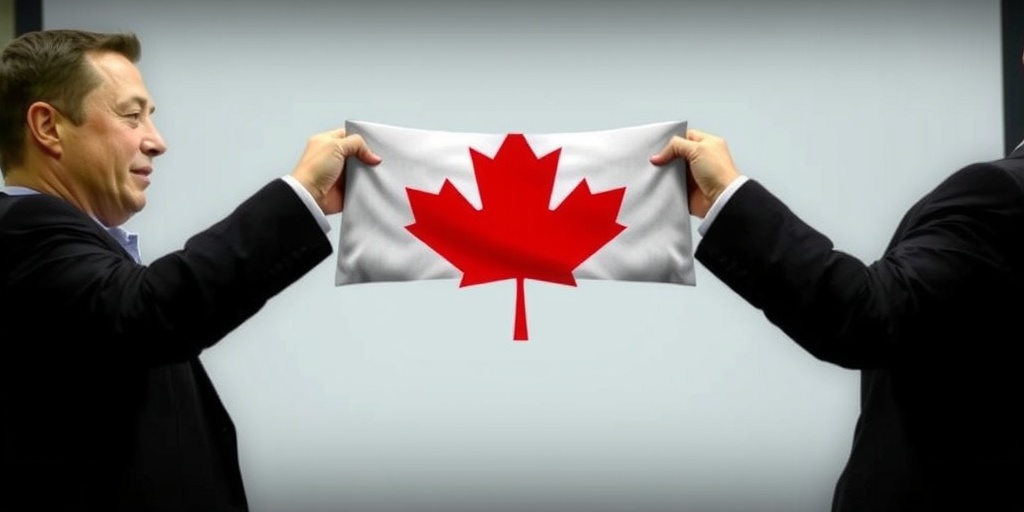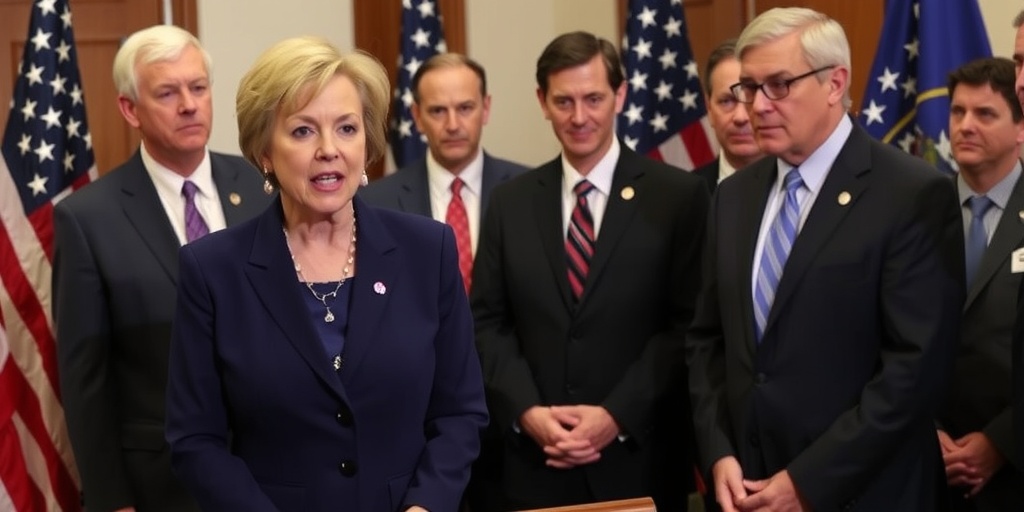Now Reading: Warren Buffett Calls Trump’s Tariffs ‘Act of War’ in CBS Interview
-
01
Warren Buffett Calls Trump’s Tariffs ‘Act of War’ in CBS Interview
Warren Buffett Calls Trump’s Tariffs ‘Act of War’ in CBS Interview
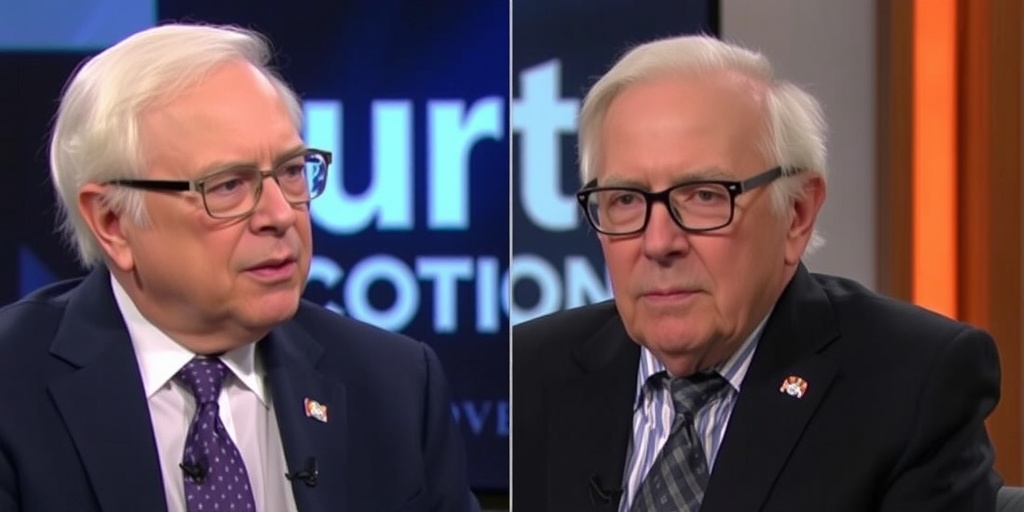
Tariffs as “An Act of War”: Warren Buffett’s Stark Warning on Economic Policies
In a revealing interview with CBS that aired recently, renowned investor Warren Buffett, who helms the financial giant Berkshire Hathaway, voiced strong criticisms regarding the use of tariffs, labeling them as “an act of war.” His remarks arrive at a crucial moment as the Trump administration is poised to implement sweeping tariffs on imports from Canada and Mexico, which are expected to considerably impact the economy.
Buffett emphasized that tariffs fundamentally act as aggressive measures against goods, and he expressed concern over their inflationary implications. “Over time, they’re attacks on goods,” he commented when asked about potential price hikes resulting from these tariffs. He pointed out that the economic burden does not magically disappear, quipping, “I mean, the tooth fairy doesn’t pay them,” highlighting the eventual transfer of costs onto consumers.
The tariffs, announced by President Trump, are set to impose a significant 25 percent fee on all imports from Canada and Mexico, along with an additional 10 percent on goods coming from China. These changes are slated to take effect imminently, a decision that has alarmed investors. The response from financial markets was swift and negative; the S&P 500 index plummeted nearly 2 percent on the day following the announcement, marking one of its worst trading days of the year.
Buffett’s critique comes in light of Trump’s ambitious trade policies that have stirred considerable debate and concern across industries. While some see tariffs as a means to protect American jobs and industries, Buffett warns of their detrimental impact on consumers and overall economic stability. He believes that higher prices are inevitable in the long run, irrespective of the administration’s intention to create a more favorable trade balance.
In connection to Berkshire Hathaway’s recent investment strategies, Buffett shared insights into the conglomerate’s significant accumulation of Treasury bills. This investment reflects a preference for lower-risk assets amid turbulent economic times. He asserts that in any economic discussion, it’s vital to pose the question, “And then what?” This suggests that the future ramifications of current policies should be critically examined, especially regarding pricing and market dynamics over the coming decades. “Prices will be higher 10 years from now, 20 years from now, 30 years from now,” he warned, bringing attention to the long-term consequences of tariff-induced inflation.
As tariffs loom closer to implementation, the uncertainty surrounding trade policies intensifies. Investors, economists, and industry leaders are closely monitoring the situation as they ponder the possible fallout. Many fear that while the intent of tariffs may be to safeguard American industry, the actual consequences could lead to higher consumer prices and strained international trade relations.
Buffett’s interview also touched upon the involvement of high-profile business figures like Elon Musk in the Trump administration, although he refrained from delving into specifics. When asked about Musk’s role, he responded with a lighthearted deflection, stating, “I better not get into that,” while revealing that he has had several conversations with Musk in the past.
As the economic landscape shifts in response to these impending tariffs, Buffett’s insights serve as a crucial reminder of the interconnectedness of global trade and domestic economic policies. The implications of these tariffs extend beyond immediate market reactions; they reflect deeper issues concerning consumer welfare, pricing structures, and the long-term vitality of the U.S. economy.
In summary, as the Trump administration pushes forward with its plans for tariffs against Canada, Mexico, and China, Buffett’s phrase “an act of war” encapsulates the seriousness of this economic maneuver. The stakes are high, and the repercussions of such a trade strategy are yet to unfold. As consumers brace for the potential impact on prices and the stock market remains volatile, Buffett’s advice echoes as a prudent warning: the long-term consequences of economic policies must always be a central consideration in any decision-making process.
Stay Informed With the Latest & Most Important News
Previous Post
Next Post
-
 01New technology breakthrough has everyone talking right now
01New technology breakthrough has everyone talking right now -
 02Unbelievable life hack everyone needs to try today
02Unbelievable life hack everyone needs to try today -
 03Fascinating discovery found buried deep beneath the ocean
03Fascinating discovery found buried deep beneath the ocean -
 04Man invents genius device that solves everyday problems
04Man invents genius device that solves everyday problems -
 05Shocking discovery that changes what we know forever
05Shocking discovery that changes what we know forever -
 06Internet goes wild over celebrity’s unexpected fashion choice
06Internet goes wild over celebrity’s unexpected fashion choice -
 07Rare animal sighting stuns scientists and wildlife lovers
07Rare animal sighting stuns scientists and wildlife lovers













